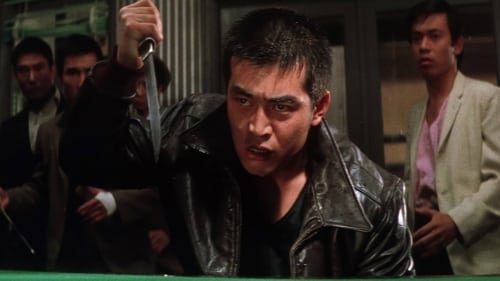
Goro had grown up in the yakuza world. As an active member of the Mizuhara family crime syndicate, he expressed his loyalty by always putting himself in the forefront of every battle. Violence never bothered him. However, after being sentenced to three years in prison for stabbing a rival gang’s hit man, he becomes disenchanted with the Yakuza life style. Goro is determined to start anew, but karma catches up. His two closest friends are murdered by his ex-boss. He is left with two options: to kill or be killed.
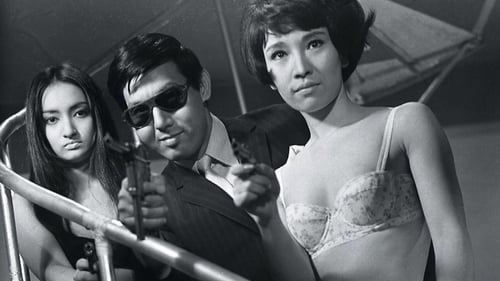
Ao fim de quase quarenta filmes como realizador em pouco mais de dez anos de trabalho, Seijun Suzuki foi despedido da Nikkatsu, lendária produtora japonesa. A causa, este "Koroshi no Rakuin", considerado pela crítica a sua obra prima, mas visto como incompreensível e inaceitável pelo presidente da companhia, Kyusaku Hori. O filme valeu-lhe um circense processo judicial pela luta dos direitos das suas obras. Ao fim de três anos de litígio, Suzuki, mais do que uma vitória merecida, conquistou o estatuto de cineasta de culto no Japão e um despertar das atenções a Ocidente. A década seguinte seria de exílio em trabalhos menores para a televisão.
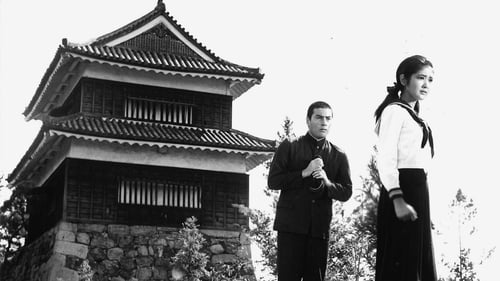
Kiroku boards with a Roman Catholic family and falls for the daughter Michiko. He ignores his feelings, joins a gang, gets in fights and, eventually, becomes involved with the radical Kita Ikki group.
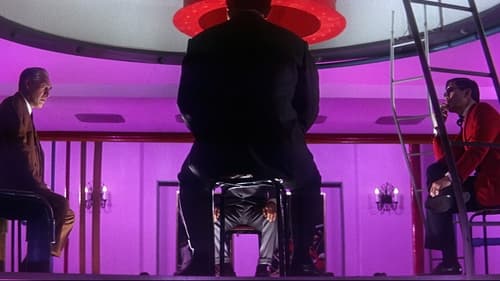
Braço direito a Yakusa resolve abandonar a carreira criminosa com seu chefe, mas uma gangue rival não deixará que isso aconteça tão facilmente.
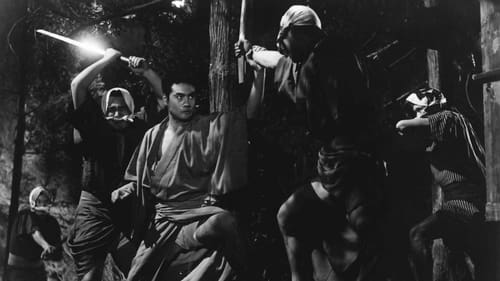
Tsurumatsu
‘Tattooed Life' begins with a parasol wielding Yakuza assassin attacking a rickshaw. It almost looks like feudal Japan until somebody pulls a gun and we're reminded that it's the 20th century. Post-shooting, the assassin delivers his bounty to his brother (to pay for his art school education) before getting ambushed in one of the few rickshaw-jacking incidents in film history, and being rescued by his art-student brother. In the aftermath, one brother is marked for death by the Yakuza, and the other brother won't go to art school with blood on his hands, so they decide the perfect way to deal with such hardships is to become fugitive construction workers in northern Japan . And why not?
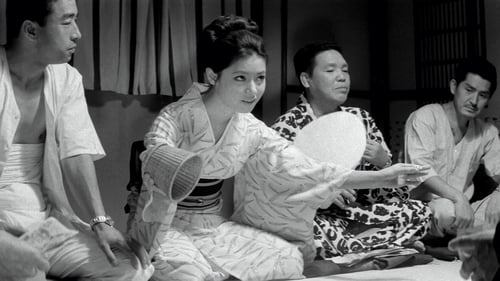
Maki's Bodyguard
Arikawa runs a transport company. But this is only a front for his gambling house. Yuriko is a regular on the scene, and she is fascinated by the dice and the one who throws them. A year before, Yuriko's father died in mysterious circumstances; she decides to go in search of the truth.
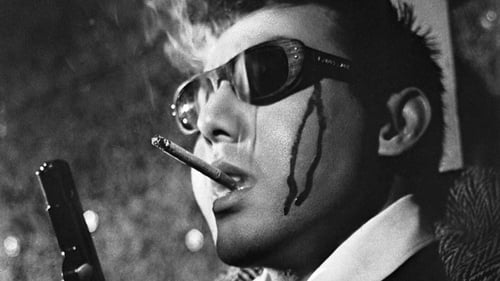
Businessmen arrange the early release from prison of Togawa, serving time for taking revenge on the truck driver whose carelessness confined Togawa's sister, Rie, to a wheelchair. They want Togawa to hijack an armored truck loaded with 120 million yen; their leverage is to promise him money for surgery for Rie. Togawa consents and plans the heist with three others. The plan is solid, but it doesn't go smoothly. Togawa must improvise, there are traitors somewhere, and double-crosses mount. Can Togawa escape with enough money to help his sister and ensure a passage out of Japan?
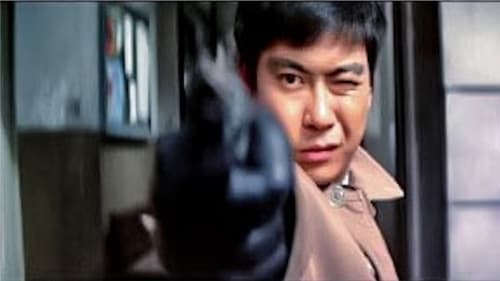
A hot-shot detective in Yokohama kills a witness during a drug investigation. He flees to the countryside and evades his past for several years, only to return to find the woman he loved married to his former partner. He searches for answers to his troubled past, knowing that his inevitable doomed fate is more or less sealed.

This is a factory area in downtown Tokyo, and Hikaru, nicknamed Pika-chan, is a nurse at the Mihara Clinic, a friend of the poor.







